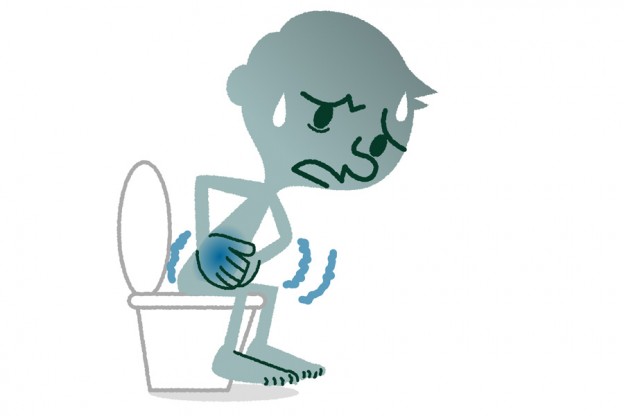Diarrhea can cause hypotonic hyponatremia and hypernatremia.
Here is the explanation:
In Hypotonic hyponatremia- which is true hyponatremia, first check the serum osmolality, if <280 mOsm/kg.
Patient always have hypovolemia- (low intravascular volumes). Then, check urine sodium. If (less than 10 mEq/L) this implies that the kidneys are increasing sodium reabsorption to retain more Sodium in order to compensate for extrarenal losses such as diarrhea, vomiting, nasogastric suction, burns or pancreatitis.)
Therefore, diarrhea causes excess sodium and water loss in the gut causing hypovolemia and hypotonic hyponatremia.
Caveat: Always check the patient Urine sodium and serum osmolality to direct you in this case.
What about Hypernatremia?
If you get a question on the USMLE on hypernatremia, Check plasma concentration of sodium (if > 145 mmol/L). This refers to excess sodium concentration compared to water. This can result from water losses or sodium infusion.
Assess ECF volume clinically; In hypovolemic hypernatremia, extra-renal losses from diarrhea causes the patient to loss more water than sodium. Thus, patient has high sodium concentration intravascularly but still hypovolemic.
This is very common in elderly patients who do not have a good thirst reflex. If they develop diarrhea, they do not replace the fluids loss for the intestine by not drinking adequate oral hydration.
Caveat: In Hypernatremia induced by diarrhea; always check the if the patient is drinking enough fluids to replace lost fluids enterally
Dr Adeleke Adesina, DO
Emergency Medicine physician

